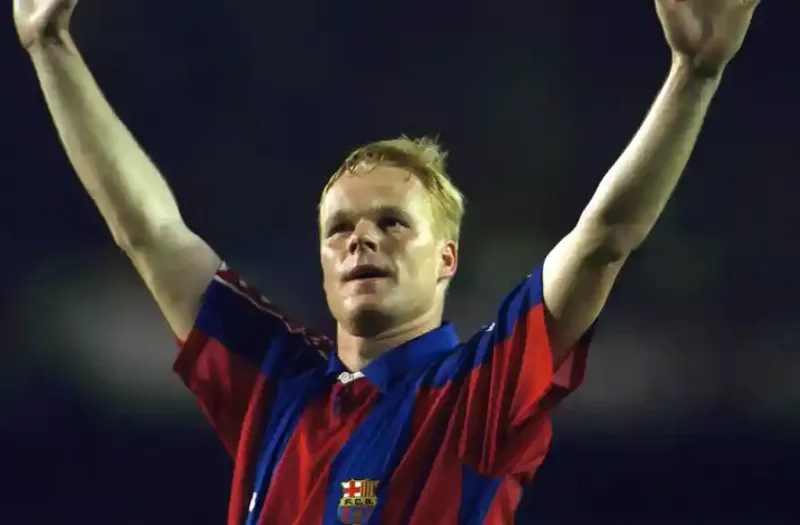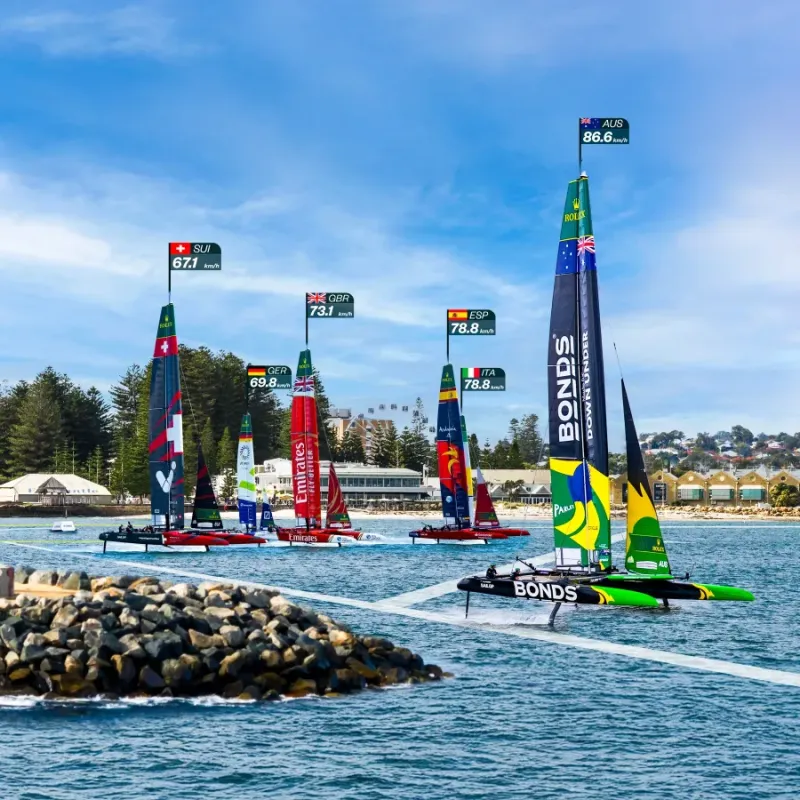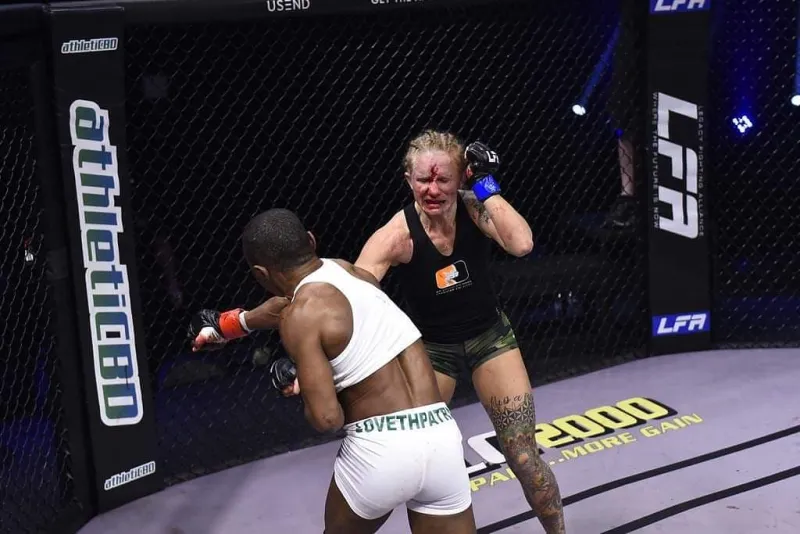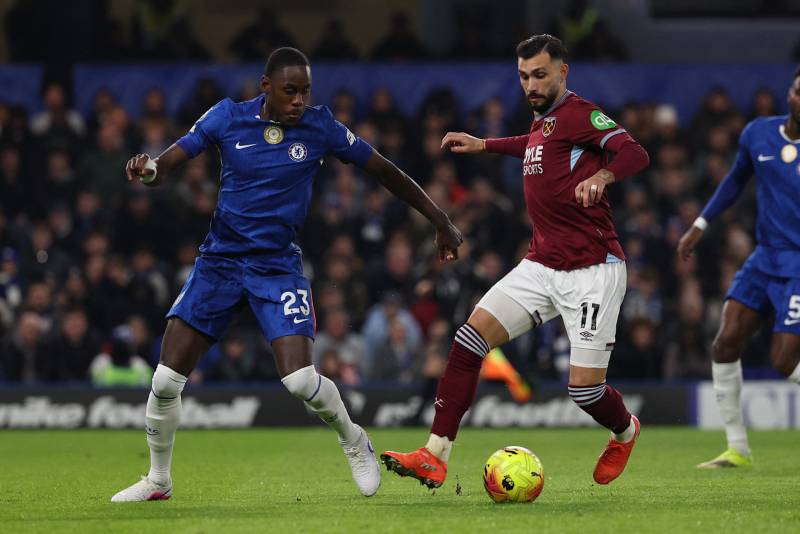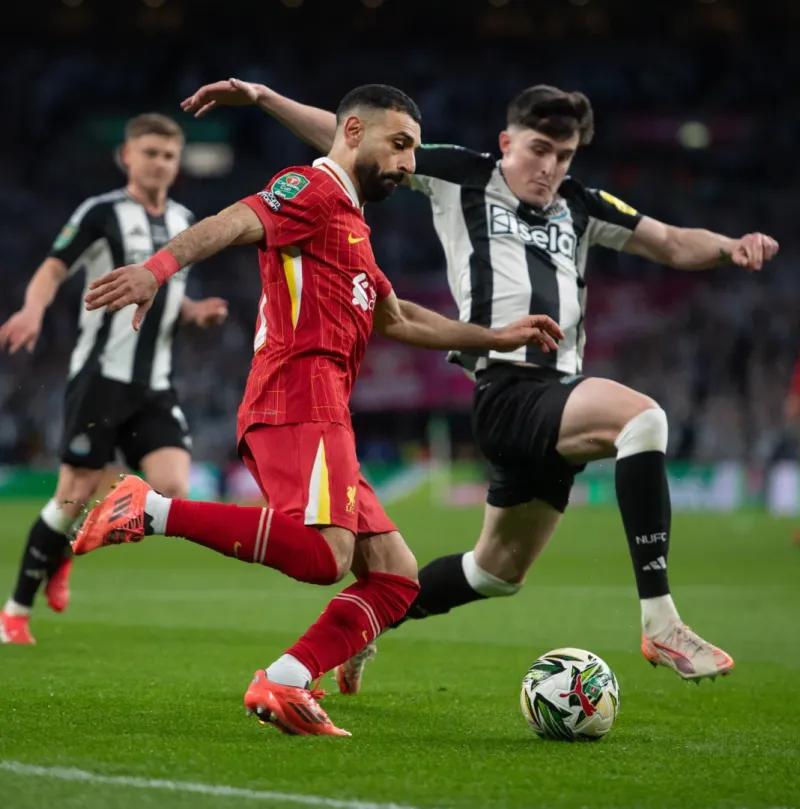Ronald Koeman could hardly believe what Johan Cruyff had done. “Boss,” he said. “This is the first time and also the last time.” After five seasons decorated with silverware – three league titles, one European Cup, a Copa del Rey and the Cup Winners’ Cup – it took a bold player to criticise Cruyff’s decisions. But Koeman had a point.
In his quest for perfection, Cruyff had signed Romário from PSV Eindhoven in the summer of 1993. League rules dictated that teams could pick only three foreigners and Michael Laudrup was usually the player sacrificed to make way for the Brazilian striker, but the manager sprung a surprise in the first game of the season and dropped Koeman to pick a bold, attacking lineup. Barcelona eased to a 3–0 win over Real Sociedad courtesy of a hat-trick from Romário, vindicating Cruyff’s choice to exclude the Dutch defender to accommodate the exciting new arrival, but Koeman did not hesitate to inform his coach that benching him regularly was simply not an option.
It would prove to be an exception rather than the rule. In future Cruyff would think twice about leaving out Koeman. Koeman’s confidence could have rubbed people up the wrong way but Cruyff understood his reaction. Koeman was a special talent. Not only was he a defender who read the game brilliantly, but he was also a prolific goalscorer.
Koeman’s goalscoring is almost unfathomable in hindsight. He scored 239 goals in his career; he reached double figures in each of his six seasons at Barcelona; and he scored 26 goals for PSV in the 1987–88 season, when the club won the Eredivisie, Dutch Cup and European Cup. Not only did he score the winning goal in the final when Barcelona won their first European Cup in 1992, but he was also the joint top scorer in the competition when they returned to the final in 1994.
Koeman went into the 1993-94 season in pursuit of his third European Cup, but Barcelona had a poor start in the first round against Dynamo Kyiv. Despite playing against 10 men for most of the first leg, they lost 3-1 in Ukraine, the only consolation coming from a penalty scored by Koeman.
The second leg at Camp Nou was a cracker. Laudrup opened the scoring for Barcelona before José Mari Bakero hit a brace, but Serhiy Rebrov’s penalty for the visitors meant the tie was finely poised at 4-4. Not for the first time, Barcelona looked to Koeman for some magic. He delivered, sweeping a free-kick into the bottom corner from 20 yards to give Barcelona a 5-4 lead in the tie. They snuck through by the skin of their teeth.
The second round was less stressful for Barça fans. They beat Austria Wien 3-0 at home in the first leg, with Koeman scoring twice, before finishing off the job in Vienna with a 2-0 win thanks to two goals from Hristo Stoichkov.
Barcelona’s award was a place in the group stage, where they would face Galatasaray, Monaco and Spartak Moscow. In their first group game, Barça were held to a goalless draw in Turkey by Galatasaray, but a 2-0 win over Monaco, courtesy of a brace from Txiki Begiristain, eased their nerves. Romário and Laudrup both scored in a 2-2 draw at Spartak Moscow, which left Barcelona with five points from a possible nine.
When Valeri Karpin gave Spartak Moscow an early lead at Camp Nou, Barcelona suddenly looked to be in a bit of trouble. They needed to finish first or second in the group to reach the semi-finals so could not afford too many mistakes. Koeman had not scored in a couple of games so it was time for him to step up. Stoichkov equalised and Barcelona put in a majestic attacking performance in the second half to run out 5-1 winners. Guillermo Amor gave them the lead before Koeman turned on the style, scoring two stunning free-kicks – the first of which was an outrageously accurate strike from 30 yards.
Barcelona still had one more goal left in them. When Romário earned his side a penalty, it looked as if Koeman would complete his hat-trick from the spot. Cruyff, however, had other ideas and substituted the defender. Koeman played every single minute for Barcelona in the Champions League that season apart from the final moments of their win over Spartak. It was a bizarre decision from the manager, but the standing ovation from the fans was some consolation. Koeman walked off gracefully and watched Romário complete the rout.
Barcelona had found their groove and they continued their fine form with a 3–0 demolition of Galatasaray. Amor gave them the lead after some excellent close control and vision from Begiristain. Koeman made it 2–0 from the penalty spot and Eusebio Sacristán scored the third with a thunderous strike.
Koeman showed off the defensive side of his game in Barcelona’s last group match, a 1-0 win in Monaco. Stoichkov scored in the 13th minute following a sumptuous lofted pass from Pep Guardiola and Cruyff’s men held firm for the rest of the game. Their reward for winning their group was a semi-final against Porto, with the first leg at the Camp Nou.
Barcelona started the semi-final quickly, Stoichkov sprinting into the box and volleying home a cross to give them the lead in the first 10 minutes. The Bulgarian, in merciless form, added a second before half-time when the Porto defence left him unattended at the back post. Big mistake. Barcelona were 2-0 up and in cruise control. Every player was composed and confident in possession as the clock ticked down and the curtains closed on Porto’s campaign. Then, Koeman decided to add a little stardust to the performance for the 92,000 fans at the Camp Nou.
Guardiola, so often the player who linked Koeman to the midfield, knocked the ball sideways into the Dutchman’s path in the centre-circle. Porto’s players, who had been chasing shadows after João Pinto’s red card, must have been exhausted. They failed to press Koeman and he accepted the invitation to drive forward with the ball. Perhaps the Porto midfielders thought they were merely affording a central defender the opportunity to progress play. When playing with 10 men in such testing circumstances, making calculated decisions is necessary. But this was not just any central defender. This was a defender who scored 19 goals for Barcelona that season and who was about to score his eighth goal in their Champions League campaign.
Simple passes to his central midfielders presented themselves but Koeman ignored the safe options and did something staggering. He let fly, lashing the ball from the best part of 40 yards without even breaking stride. His shot soared through the air and arrowed into the top corner of Vítor Baía’s net. An elated Koeman wheeled away with his arms outstretched, now a familiar picture, as the crowd rose to their feet for what felt like the thousandth time to lavish the Dutchman with applause. He had sent Barcelona to the Champions League final with his best goal of the season. For all the attacking quality at Cruyff’s disposal, no one scored goals quite like Koeman did.
Koeman had it all as a defender. He could shut out world-class forwards, spray pinpoint passes across the pitch, advance up the field with the ball at his feet, and strike from deep. The goal against Porto typified what he was all about: calm in possession, intelligent in exploiting space and emphatic when he decided to strike.
